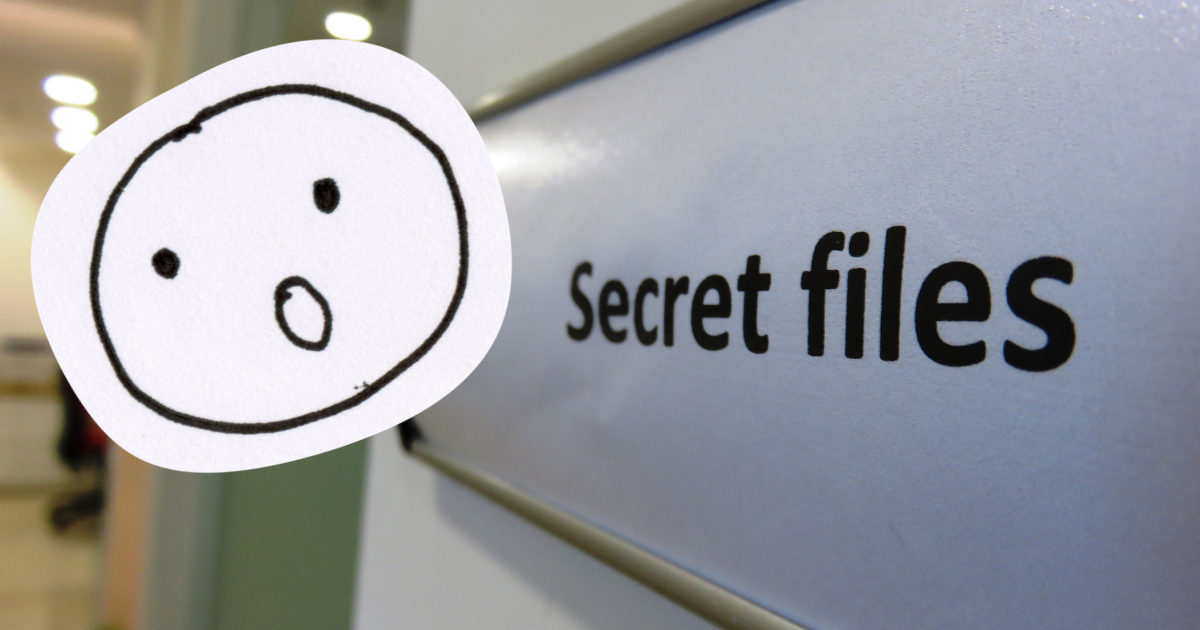Is Crying Good for You?
It’s more or less commonly held that crying is supposed to be a good thing, whether as a stress reliever or because it actually purges the body of toxins. Is there any basis to this claim?
Not Crying
Yeah, not crying is no good. Don’t be holding all that business in. The first benefit to shedding tears comes from the simple act of doing it – crying works as an important safety mechanism allowing the body quickly to eliminate stress, similar to opening a pressure valve.
In addition to whatever event has precipitated the difficult emotions you’re repressing in the first place, additional stresses accumulate from bottling them up, adding to the strain on the body and mind. Crying dumps off some of this load, relieving the burden.
Bottling things up, or “repressive coping,” has been associated with immune system deficiencies, high blood pressure, heart disease, depression, and anxiety, among all kinds of other issues. Allowing such emotions passage, even briefly, by crying relieves some physiological and psychological – pressure.
Types of Tears
We produce three types of tears under different circumstances: emotional tears (such as those that accompany grief), basal tears (which are produced continually to lubricate the eye), and reflex tears (in response to irritants such as smoke, dust, or onions).
Each type of tears has unique chemical properties. Emotional tears in particular contain higher levels of stress hormones and mood-regulating compounds than the others, so it makes sense that the greatest benefits appear to accompany the shedding of emotional tears.
Emotional Catharsis
In addition to self-soothing, the act of crying emotional tears releases neurochemicals that calm and balance the body’s chemistry by purging stress hormones like cortisol and increasing oxytocin and endorphins, the body’s natural painkillers.
There can be social benefits to emotional crying in certain social contexts, such as funerals and other remembrance services. A frequent result of such events where there is public crying is human bonding. Some experts believe that one of the greatest benefits of weeping emotional tears comes from the way others respond to them: compassionate recognition can stimulate supportive, caregiving, or protective responses in others.
Sounding pretty good, if in addition to letting off steam and purging stress hormones, crying your eyes out means your relationships can get a little boost.
Not All Fun & Games
But not all experts believe in the superpowers of crying. In a study published in the European Journal of Pain, participants were shown a sad movie to elicit a tearful reaction, then exposed them to a pain stimulus. One researcher remarked of the results that “[i]f anything, we found that crying increased pain perception rather than reducing it.”
Aside from the natural questions raised by such a twisted little experiment, the outcome does raise intriguing possibilities: maybe the neurochemical state achieved when producing emotional tears renders us more greatly susceptible to pain triggers. Or maybe sorrow possesses its own unique magnifying properties.
Whatever the mysteries behind them, emotional tears are evidence of things not seen, our heart’s pain manifesting physically. And when expressing loss, it seems fitting indeed that such a tribute is built into our machinery, like a channel for sorrow, out into the world from well of the soul.




